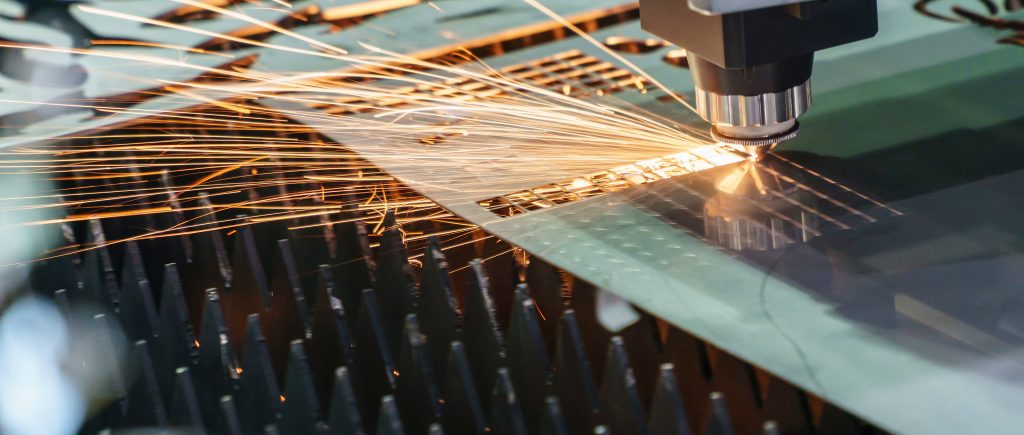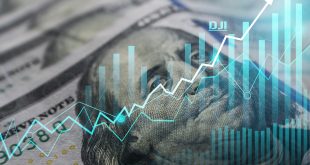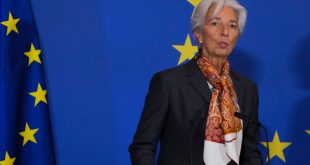In recent days, the U.S. administration has signed an order on reciprocal tariffs shortly after imposing new duties on aluminum and steel. These measures aim to reshape the nation’s trade policy using tariffs, a favored economic tool of the administration.
Latest Developments:
While the administration has temporarily paused the planned 25% tariffs on Canada and Mexico until early March, duties on China are already in effect. China has retaliated, but there is hope for a potential compromise as President Trump plans to speak with Chinese President Xi Jinping soon.
New Tariffs Targeting Steel and Aluminum
This week, the administration announced a 25% tariff on all imports of steel and aluminum into the United States from all countries. This trade escalation impacts major trading partners and supports industries in U.S. states crucial to the administration’s electoral success.
Implementation of Reciprocal Tariffs
On Thursday, the administration signed a measure that could lead to the implementation of reciprocal tariffs on U.S. trading partners as soon as April. This move aims to fulfill a frequent campaign promise and generate revenue as Republicans prepare a tax and spending bill.
Economic Implications The ongoing trade posturing may lead to higher inflation, potentially influencing the Federal Reserve’s interest rate decisions in the coming months and years. Tech companies like Amazon and Apple could be unexpectedly affected by these tariffs.
Potential Impact on Tech Companies
Amazon, despite its vast Prime membership and profitability from Amazon Web Services (AWS), remains a retailer heavily reliant on imports. Morgan Stanley analyst Brian Nowak estimates that two-thirds of Amazon’s first-party merchandise cost of goods sold is non-grocery, with significant exposure to China. This could affect the cost of goods like the inexpensive car tire inflator many purchased this winter.
Japan Seeks Exemption
Japan is seeking exemption from the administration’s planned reciprocal tariffs. During the Munich Security Conference, Foreign Minister Takeshi Iwaya expressed to U.S. Secretary of State Marco Rubio that Japan should not be subjected to these tariffs. Iwaya also raised concerns about automobile tariffs and sought exclusion from the 25% tariff on imported steel and aluminum products.
 Noor Trends News, Technical Analysis, Educational Tools and Recommendations
Noor Trends News, Technical Analysis, Educational Tools and Recommendations





